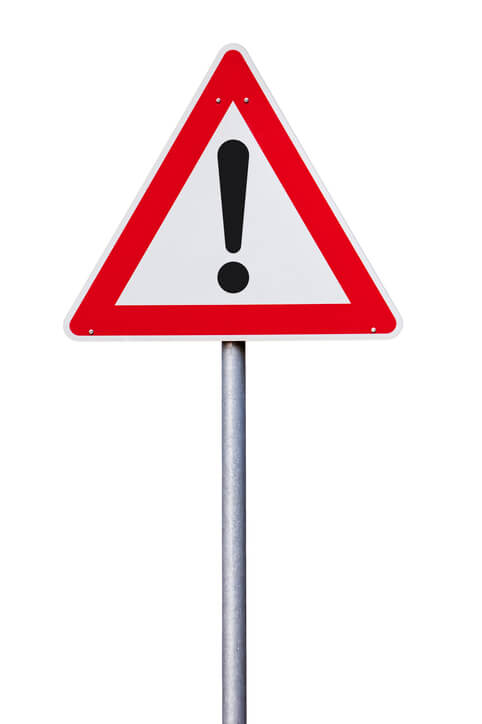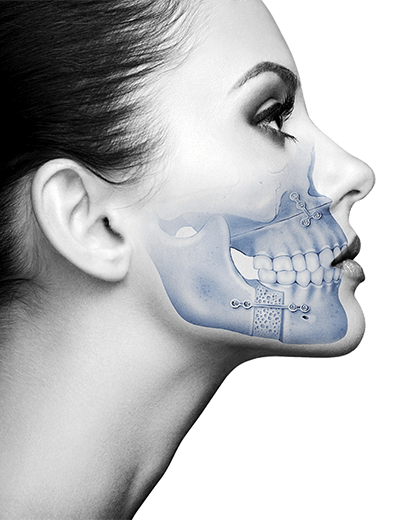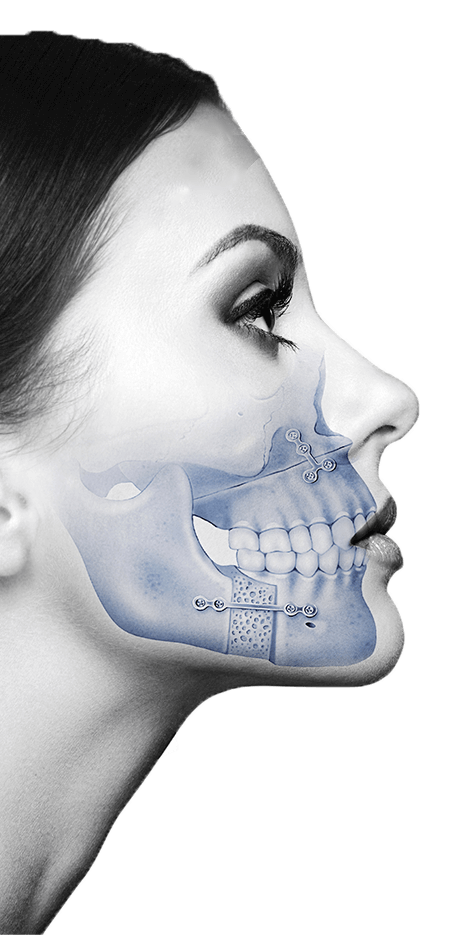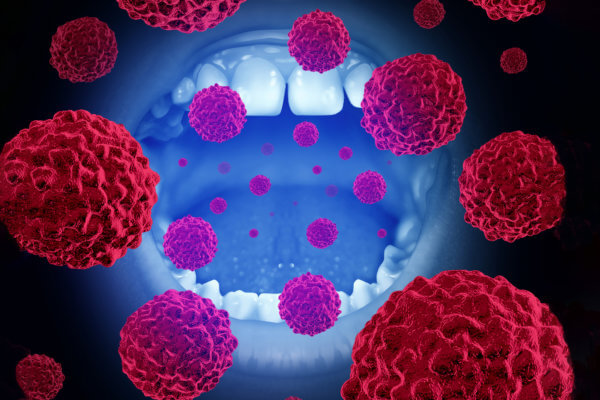Today is World Cancer Day and, for this reason, we want to talk to you about one of the most frequent types of cancer in the maxillofacial region: oral cancer or mouth cancer.
Prevention of oral cancer is the most important step
The best measure to prevent oral cancer is to avoid risk factors, such as tobacco, alcohol, solar radiation, ill-fitting dentures, etc. It is essential that the patient is examined periodically, and before the detection of any injury, consult the specialist in maxillofacial surgery quickly. They will decide what is the most appropriate course of action: whether a biopsy, imaging tests, etc.
Are there people with a higher risk of developing oral cancer?
In general, men over 40 years of age, those most exposed to irritating factors that favor it, such as alcohol or tobacco, and those who have some warning sign or symptom, tend to have a higher risk of suffering from the disease. However, some patients present tumors in the oral cavity without having any risk factor and, for this reason, early detection of oral cancer becomes more relevant and will be essential for the prognosis of said disease.
Some warning signs

- Abnormal bleeding somewhere in the mouth and difficulty swallowing food, chewing, or speaking
- Pain, tingling, or dry mouth for no apparent reason
- Wounds that do not heal properly or persistent infections in the mouth
- Appearance of white, red or black spots in the oral cavity.
- The presence of hardness, lump or swelling in the mouth
- Mouth lesions that persist for more than 15 days
In most cases, these are minor problems, but consultation is essential to rule out the presence of malignant lesions. It is equally important to detect lesions and premalignant conditions, since these require management and regular control specific to each case.
Related Content:
Can a benign tumor lead to parotid cancer?
Video: Parotid tumors








